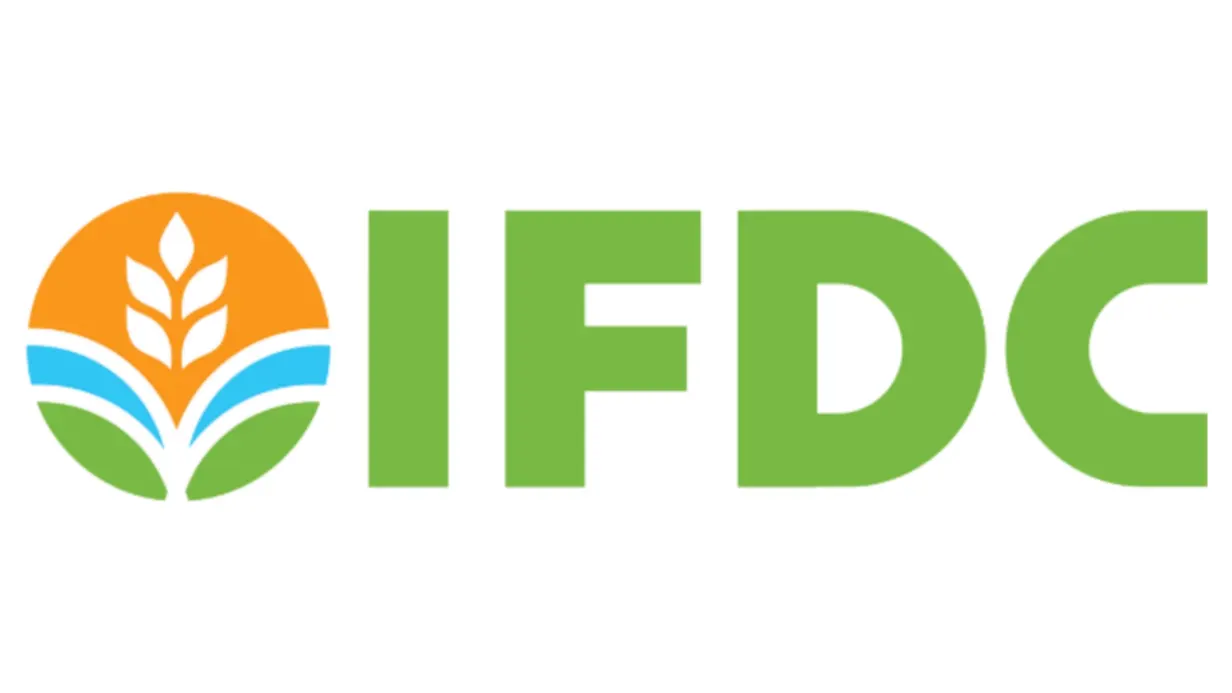International Fertiliser Development Corporation (IFDC) has begun the training of 50 extension agents and lead farmers on soil restoration, conservation techniques and integrated soil fertility management in Bauchi State.
The two-day training is being implemented under the IFDC Soil Values Programme and aims to improve soil fertility and restore degraded lands in the state. The exercise follows similar activities recently held in Kano and Jigawa States.
According to IFDC, the Soil Values programme operates in a context marked by climatic and socio-economic challenges facing Sahelian countries, such as recurrent droughts, socio-political conflicts, desertification and the effects of climate change.
The programme will improve soil fertility and productivity of two million hectares of agricultural land in the Sahel while strengthening the resilience and wellbeing of 1.5 million farmers, with a focus on women and youth.
Medina Ayuba-Fagbemi, Country Coordinator of the Soil Values Programme Nigeria, said this on the sidelines of the training exercise on Thursday in Bauchi. She explained that 30 extension agents would be trained under the first phase while 20 would be trained under the second phase of the exercise.
“Participants will be exposed to integrated soil fertility and soil health management techniques to boost crop production and enhance food security,” she said. Medina added that the participants are expected to step down the skills to about 20,000 smallholder farmers across Jama’are, Shira, Itas Gadau, Toro, Zaki, Bauchi and Gamawa Local Government Areas.
She noted that the programme is being implemented in collaboration with a consortium of partners and is focused on building the capacity of extension workers in Integrated Soil Fertility Management (ISFM) and Soil Health Management (SHM) technologies.
“This training exercise reflects our collective commitment towards restoring soil health, improving productivity, and building resilient farming systems. It will strengthen extension agents’ technical capacity and inspire new approaches to working hand-in-hand with farmers for sustainable agricultural transformation,” Medina said.
She added that the training is part of a 10-year initiative funded by the Kingdom of the Netherlands through its Directorate-General for International Cooperation (DGIS).
Also speaking, Joshua Arogunyo, MELS Coordinator of the Soil Values Programme, said the initiative focuses on enhancing farmer skills in integrated soil health management and soil water conservation to encourage agro-ecological practices and mitigate the impact of climate change.
He stated that the programme aims to restore degraded lands in Bauchi, Kano and Jigawa and will eventually cover 10 northern states.
“Our target is to restore two million hectares of degraded land across the Sahel. In Nigeria, we hope to restore 800,000 hectares, directly benefiting 600,000 smallholder farmers. The thrust of the programme is to reduce the yield gap, improve soil fertility, and make farmers more deliberate about giving back to the soil to ensure long-term productivity and food security,” Arogunyo said.
He added that the €100 million programme is implemented by IFDC, SNV Netherlands Development Organisation and Wageningen University and Research (WUR) with knowledge partners including IITA, AGRA, ICRAF, ISRIC and IWMI.
Arogunyo said the Soil Values consortium is also collaborating with the World Bank through ACReSAL and L-PRES to ensure wider impact. “We are implementing it across the Sahelian zone of Nigeria because that is where land degradation is most severe. It is our hope that at the end of this programme, Nigeria would have made significant progress in restoring degraded lands, increasing farmer incomes, and raising consciousness about the importance of investing in soil health in a sustainable manner,” he said.
Some participants expressed satisfaction with the training. Aliyu Safiyanu said he learnt new skills that would enable him to teach rural farmers how to utilise farm by-products to nourish their farmlands. Helen Ciroma said the new techniques would help women farmers improve soil fertility and increase productivity in their communities.

